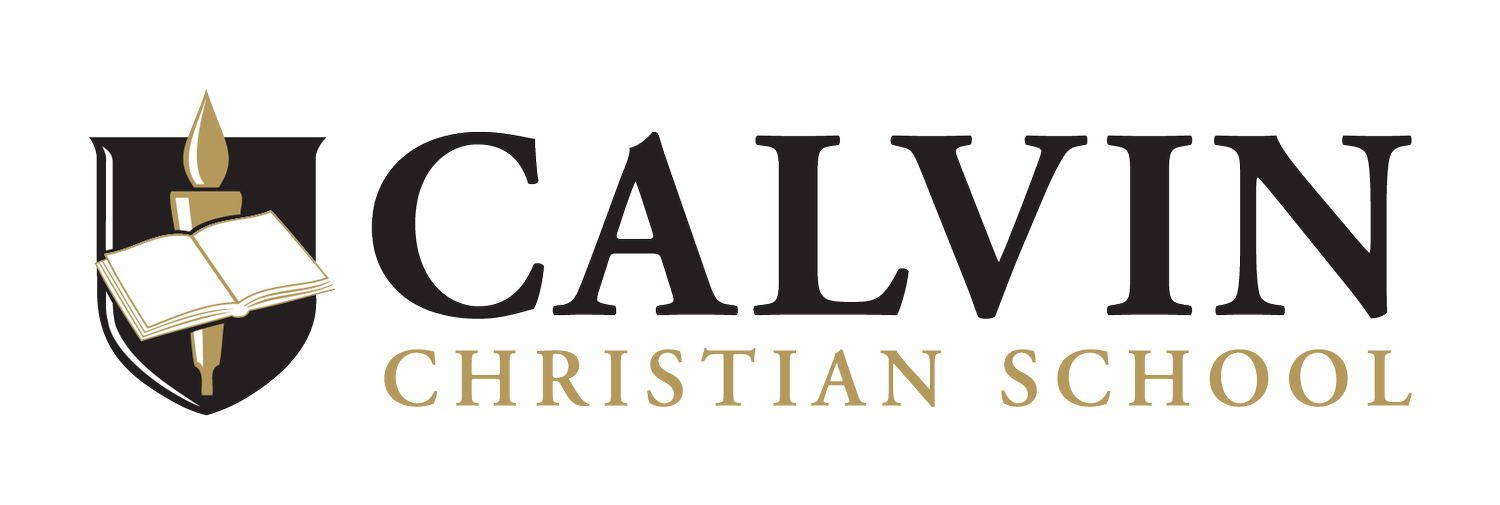Have you ever stopped to think about the things that you feel you absolutely need?
I find myself missing my ‘cuppa’ if I haven’t had one for a while, or a taste of something sweet after dinner, or simply missing the enjoyment that a quiet moment, preferably with some reading material, brings.
It is interesting how quickly we develop routines of taste and rituals of habit that run our lives. My children’s sense of what they absolutely cannot live without has sometimes surprised me. Apparently, a bowl of sweets on Saturday night whilst watching a movie is a quite essential part of life, or access to a social media connected device. The rituals that we develop grow quickly and can become all-consuming if we are not attentive to our time and areas of focus. Sometimes the passive decisions are the most powerful.
Amongst the first concepts I learnt in my Economics course were the terms ‘needs’ and ‘wants’. It seemed fairly simple then to categorise that things that were required for survival and the things that were not. However, what we can understand in our minds is not necessarily the way that we live. We can be very good at confusing our needs with our wants.
“My children’s sense of what they absolutely cannot live without has sometimes surprised me.”
The author Paul Tripp points out that when we start to call our ‘wants’ needs, then “we tell ourselves that we have to have them, that we cannot live without them, and that we have a right to demand them”. This leads us into a place where we evaluate our relationships with others and our sense of the love of God on whether they provide for our perceived ‘needs’.
An important part of our role as parents and educators, is nurturing a right sense of need in our young people. In part, this happens as we encourage the maturity that seeks the benefit of others above ourselves. It also occurs as we open their eyes to the incredible imbalance in resource across our world and the sometimes inverse relationship between wealth and contentedness (i.e. the more we have the more unhappy we seem to become). Next year’s Service-Based Learning trip to Indonesia for our Year 11 and 12 students is a wonderful example of a life and worldview changing opportunity, a chance to see what is truly required to lead to human flourishing.
As we are reminded in Scripture, “…I have learnt in whatever situation I am to be content” and “my God will supply every need of yours according to his riches in glory in Christ Jesus”. A real reason to celebrate this Christmas.
Scott Ambrose - Principal

